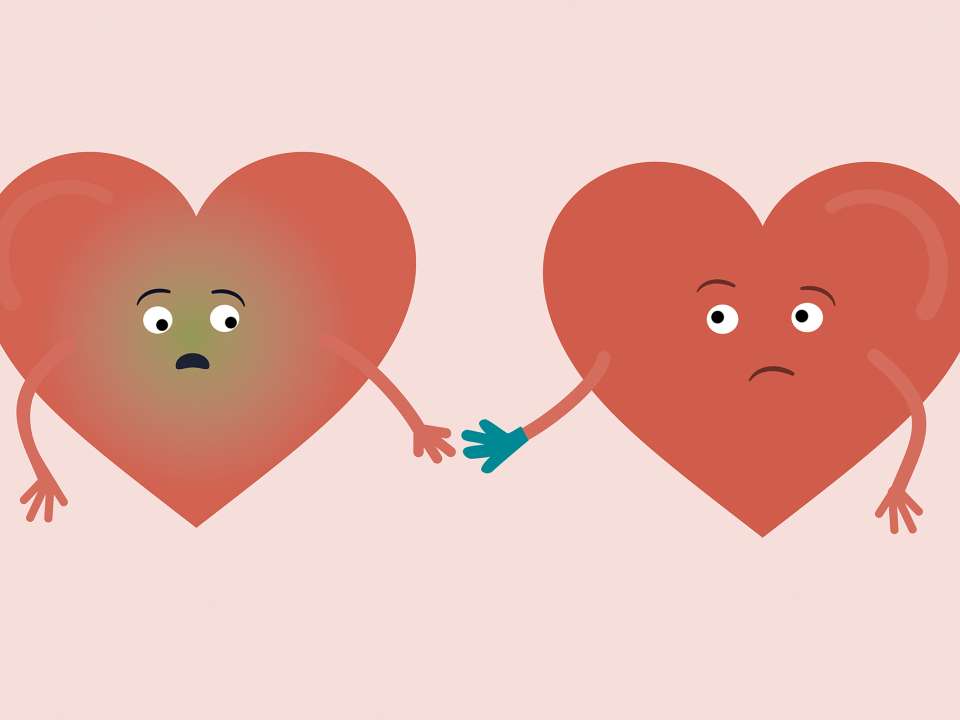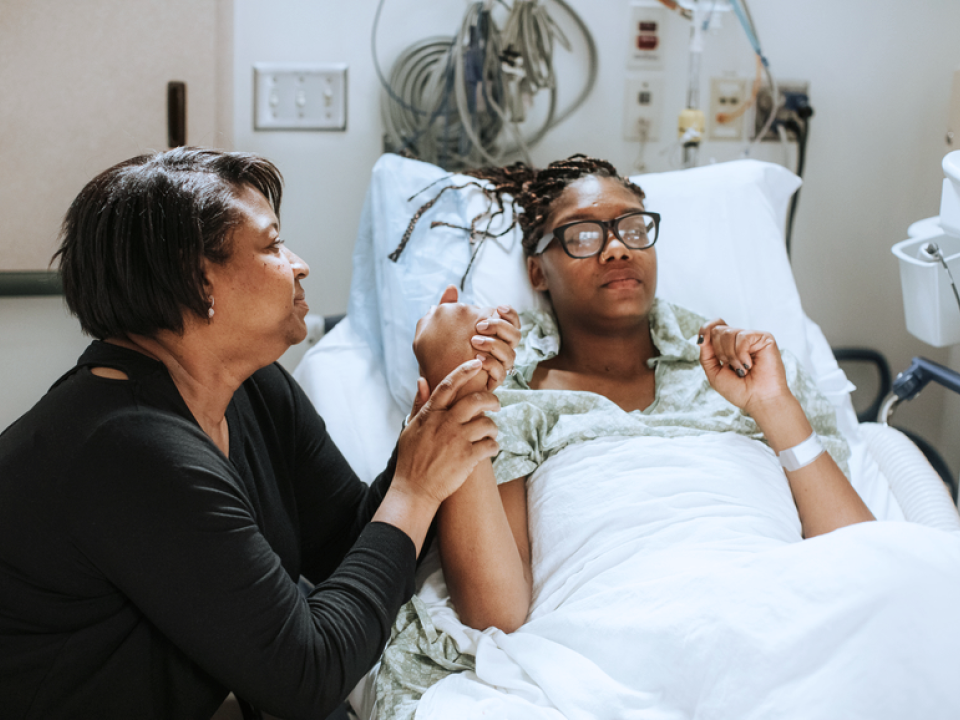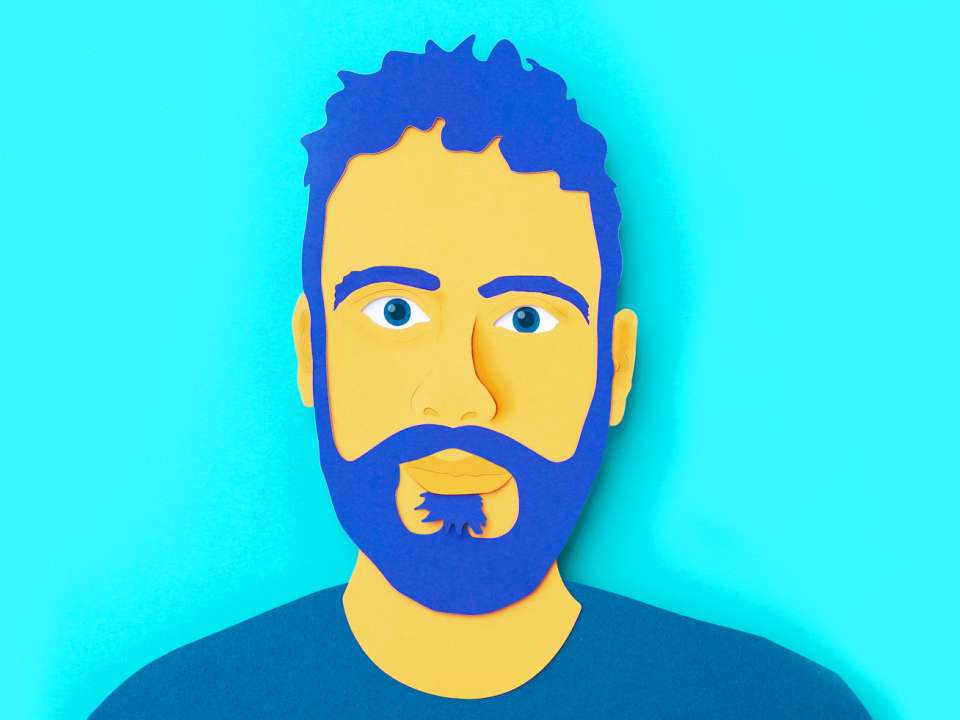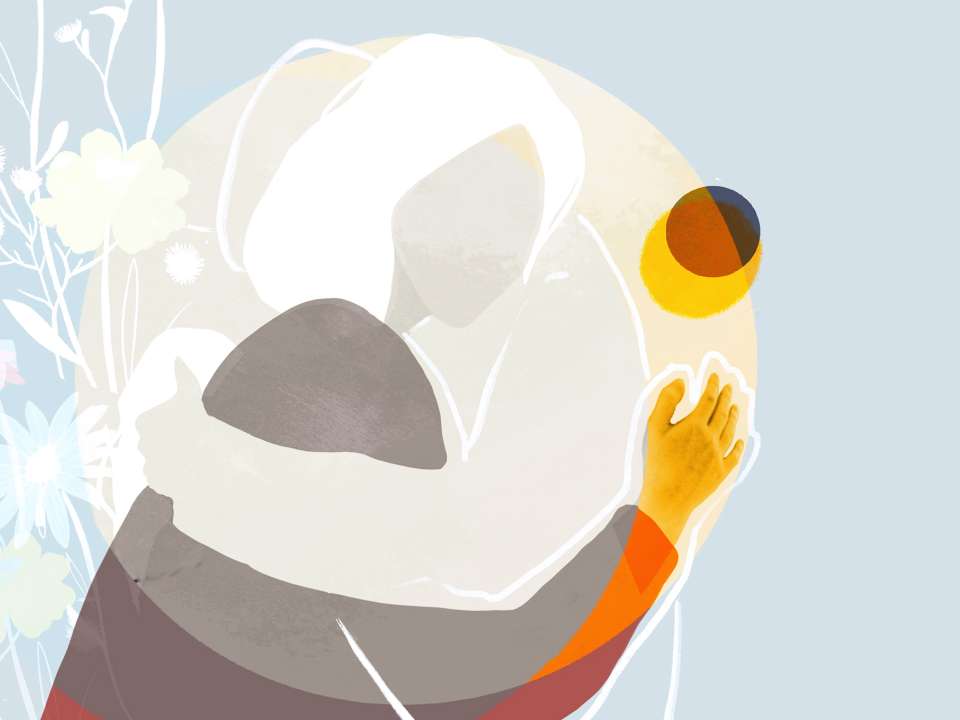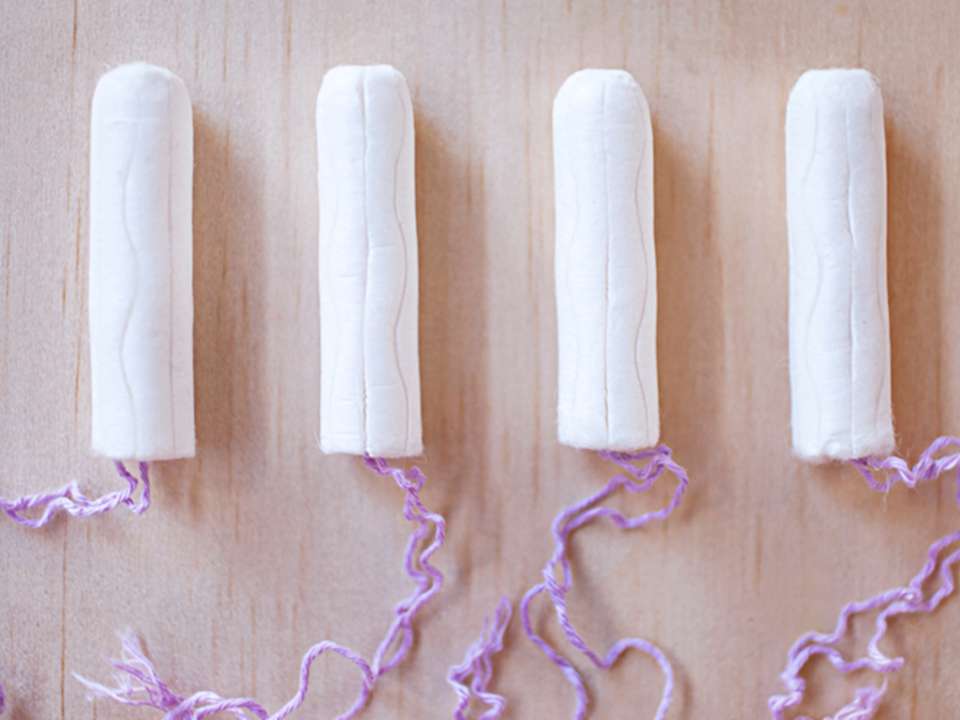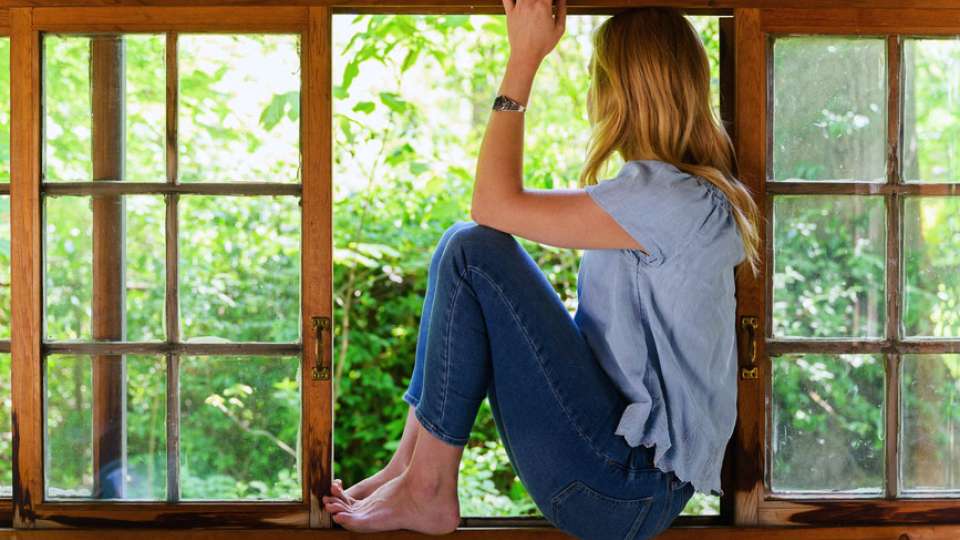
A cancer diagnosis can make you feel many things: fear, sadness, anxiety… and guilt?
Yes, guilt is commonly felt by people who are diagnosed with cancer, despite some studies showing that — though there are many activities that can increase cancer risk — whether you develop cancer depends a large part on chance.
Regardless, when you get the news, it can still feel like you must have done something wrong to have this happen to you.
Did you not eat enough veggies? Were you too casual about reapplying sunscreen? Did your college-days smoking habit finally catch up? All these thoughts can race through your mind. And though they can be hard to ignore or push aside, we’re here to tell you that this cancer diagnosis is not your fault. Really.
Why do people blame themselves for cancer diagnoses?
“I don’t think people blame themselves for cancer with a goal of feeling worse,” says Dr. Nicole Bates, an assistant professor at the UW School of Medicine and psycho-oncologist at Fred Hutchinson Cancer Center, a nonprofit, independent organization that serves as UW Medicine’s cancer program. “On the contrary, blame can arise as an attempt, even if misguided, to protect or comfort ourselves. If we believe that we could have prevented cancer by eating better, exercising more or avoiding certain exposures, at least that would mean we retain some semblance of control in preventing terrifying things from happening.”
Our brains want to make sense of something as frightening as cancer, so it’s only natural that we try to come up with some clear, distinct reasons why this is happening — because trying to wrap our heads around the fact that cancer is just so unpredictable (and often unpreventable) can be too much to handle.
4 ways for coping with the guilt of having cancer
Finding ways to cope with feelings is a massive part of the work that Bates and others in her department focus on with their patients in cancer care. There is a plethora of ways that they encourage patients to do this when it comes to feelings of guilt:
Acknowledge and give space to the big feelings that your diagnosis brings up
This can include feelings of sadness, anger, fear and guilt. Feelings of guilt are especially common when it comes to lung cancer or other cancers that are related to smoking or tobacco exposure. Someone can recognize that their tobacco use played a role in their cancer, but challenging the stigma and the idea that they “deserve” to be sick is also essential to moving forward.
Bates says, “Even if you could have done something to reduce your cancer risk, the majority of cancers occur because of multiple factors and damage to cells over time, most of which you can’t control. You can also ask if holding onto that guilt is helpful or productive (spoiler: it’s likely not). A more productive alternative to guilt is taking responsibility for your journey of living with cancer.”
Turn to people you can trust for support
Talking to other patients, survivors or caregivers can help you feel better, as can joining support groups. There are plenty of helpful resources, including support groups that can be accessed remotely. Here are some options:
- Cancer Lifeline
- Cancer Pathways
- Leukemia & Lymphoma Society
- American Cancer Society
- National Cancer Institute
- CancerCare
- Cancer Support Community
Don’t be afraid to reach out for the help you need.
Get medical information from your cancer teams rather than from independent online searching
Every situation is unique, so even the best websites might have information that doesn’t directly apply to your diagnosis and can cause additional stress.
If you’re still struggling with feelings of guilt about your cancer, speak with your oncologist. You can find out the potential causes of your specific cancer (if any) and see why you can’t shake those guilty feelings.
Information can be your friend when it comes to understanding cancer and what can cause it. No, this doesn’t mean that you should do a deep dive into the darkest corners of the internet where only the most damaging and scary information seems to lurk. But you can turn to some tried and true sources.
“It’s not reasonable for most people to spend time researching causes of cancer and understanding the nuances of which cancers have clearly modifiable risk factors,” says Bates. “So, a good place to start is by consulting reliable research and guidance written by people who have made understanding causes of cancer their life’s work. The National Cancer Institute has a great educational page about what cancer is and how it develops.”
Arming yourself with more information can help you feel a sense of control during a time of chaos in your life and can also help guide conversations you may want to have with your oncology team. It can also provide you with useful information about cancer screenings and other prevention methods that you can share with loved ones — because knowledge is power.
Forgive yourself
Don’t forget to give yourself some grace. Bates makes the point that guilt is cruel and “makes us suffer in the present for things we can’t change in the past.” She encourages those dealing with guilt to consider how they might comfort a friend in the same position — since we’re often kinder to our friends than we are to ourselves. Understand that we, as humans, aren’t perfect, and even if you did spend too much time in the sun or party a bunch in your 20s, you need to forgive yourself and move forward, learning from the experience and focusing on your future.
Moving from guilt to empowerment
Bates also talks about trying to transform that guilt into something useful, like taking responsibility for what you can control — and working to cope with the things that you can’t control. She notes, “You can’t change that you or a loved one has cancer, but you do have the agency to decide how you will navigate this challenge, and these choices can influence disease outcomes as well as the experience of living with cancer.”
How you can help, as a friend, family or human
Did you come across this article while searching for ways to help a loved one deal with the very heavy feelings associated with a cancer diagnosis? Are you wondering how you help them work through the guilt that they can’t seem to shake? There’s plenty you can do to show them you care — even if they can't put all their complicated feelings into words.
“First, you can offer a space to listen and let them be heard. Most of us don't want loved ones to suffer, but this may lead to trying to ‘fix’ problems prematurely when people really just want to be heard and understood, to feel that they’re not alone,” says Bates.
You can also share with them the information that you learned here. Encourage them to seek medical guidance from their oncology teams (and not just the internet) and make sure they have support systems in place and access to counseling or mental health resources if they need it.
One more important note from Bates: “People with cancer are at higher risk for depression, anxiety and suicide. If you or someone you know is facing a mental health crisis, please call 9-8-8, the Suicide and Crisis Lifeline, which is available 24/7.”

 Healthy ideas for your inbox
Healthy ideas for your inbox
